Illustration photo.
According to experts, to boost the supply of housing for low-income people, the urban poor, workers and students, the Housing Law (amended) needs to have certain incentives for low-cost commercial housing because this is a segment right next to social housing, while abolishing unnecessary administrative procedures.
Social housing development still faces difficulties
Sharing with the press on May 31, Mr. Ha Quang Hung - Deputy Director of the Department of Housing and Real Estate Market Management said that current laws have specific and detailed regulations for units to implement social housing investment.
However, Mr. Hung also admitted that when monitoring the implementation of the housing law and decrees and circulars guiding investment in social housing, there are some groups of policies that make it difficult for businesses and people to invest in and access social housing.
For example, the allocation and arrangement of land funds for social housing development. The Investment Law stipulates that investors of commercial housing projects and urban areas must reserve 20% of the land area in the project for social housing development, but this is a rather rigid regulation.
Specifically, in projects with high investment rates, "golden land" locations or characteristics such as resorts on high mountain slopes, the arrangement of this land fund for social housing development is not suitable; apartment projects with super high investment rates, 60-80 million/m2, the arrangement of low-income people, who only have to pay operating costs, is also difficult for them.
“According to the figures we have, we currently only meet about 35% of the land fund area required for social housing,” Mr. Hung noted.
Regarding investment procedures, according to Mr. Hung, the current law stipulates that the procedures for building social housing are no different from those for commercial housing, and there are even more steps.
“With the policy to support investors, although the law stipulates exemption of land use fees, exemption of value added tax (VAT), corporate income of about 50%, preferential access to capital, we see that the policies are not substantial. Because, the key point of the regulation is that even though there are incentives, when investors apply the incentives, they cannot count them in the selling price,” Mr. Hung frankly shared.
In addition, the representative of the Ministry of Construction also noted that the issue of organizing and implementing social housing policies such as financial resources is still facing difficulties.
“According to the report for the entire period from 2016-2021, we have only been able to arrange credit capital of VND3,163 billion out of the demand of about VND9,000 billion provided to the Social Policy Bank to provide loans to buyers. As for investors, we have not yet been able to arrange, recently there has been a package of VND120,000 billion to arrange for investors,” Mr. Hung said.
During the working session on the afternoon of May 31, reporting on the implementation of the credit package for social housing, Minister of Construction Nguyen Thanh Nghi also said that after receiving instructions from the State Bank of Vietnam, the ministry has issued a document guiding the determination of the list of projects, subjects, and preferential loan conditions of the credit package; authorizing the provincial People's Committee to be responsible for reviewing and checking the legal procedures for making a list of projects to build social housing, housing for workers, and renovate and rebuild apartments to publicly announce on the province's electronic information portal so that banks have a basis for applying for loans.
However, according to reports from localities, up to now there have been about 100 projects eligible for loans from this package and localities have announced their loan needs such as: Bac Giang 4,527 billion VND, Hai Phong 3,892 billion VND, Binh Dinh 1,832 billion VND, Phu Tho 441 billion VND, Da Nang 545 billion VND, Tra Vinh 420 billion VND.
“In fact, localities have only been implementing the program for more than a month and are in the process of synthesizing and announcing it, so there are only initial results,” Mr. Nghi said.
Promote credit packages, increase affordable housing
Faced with the above reality, Minister Nguyen Thanh Nghi emphasized that in order to achieve the set goals and effectively disburse the above support package, in the coming time, the Ministry of Construction will continue to coordinate with the State Bank of Vietnam and ministries, branches and localities to remove obstacles in mechanisms and legal policies such as: focusing on amending the Housing Law and other related laws.
Along with that, the Ministry of Construction will continue to work with a number of key localities and enterprises to inspect, urge, and create supply sources for social housing, workers' housing, and renovation of old apartments; and promote the implementation of the support package.
On the local side, on May 31, Mr. Bui Tien Thanh - Head of Urban Development Department (Hanoi Department of Construction), also proposed: The administrative procedures for social housing investment must be shortened. In case of bidding to select investors for social housing projects, there should be separate regulations, because currently this procedure takes 2 years.
“Secondly, it is necessary to review and abolish unnecessary administrative procedures and regulations for housing projects in general and social housing in particular. Anything that is not absolutely necessary must be eliminated. Because for social housing, businesses only receive a maximum of 10% profit, unlike other commercial projects,” Mr. Thanh said.
In addition, the representative of Hanoi Department of Construction also recommended that there should be specific regulations on site clearance procedures to speed up project implementation progress.
Professor Dang Hung Vo - former Deputy Minister of Natural Resources and Environment said that it is necessary to consider certain incentives for low-cost commercial housing, because this is a segment right next to social housing.
“Moreover, according to the World Bank's perspective, there should not be a concept of social housing but should be converted to low-cost commercial housing with certain incentives on taxes, land access, and capital,” Mr. Vo emphasized.
In addition, according to Mr. Vo, housing policy needs to be accompanied by reform of the salary and welfare regimes to create a comprehensive solution to social security issues. Therefore, businesses should delve deeper into the development of the low-cost commercial housing segment./.
According to VNA
Source link


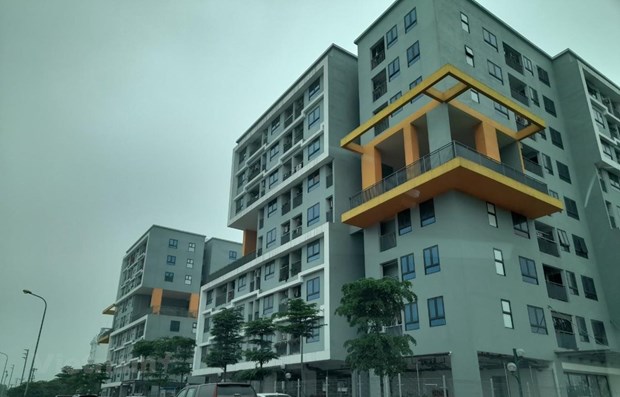



![[Photo] Prime Minister Pham Minh Chinh receives Country Director of the World Bank Regional Office for Vietnam, Laos, Cambodia](https://vphoto.vietnam.vn/thumb/1200x675/vietnam/resource/IMAGE/2025/5/15/2c7898852fa74a67a7d39e601e287d48)

![[Photo] National Assembly Chairman Tran Thanh Man meets with Thai Prime Minister Paetongtarn Shinawatra](https://vphoto.vietnam.vn/thumb/1200x675/vietnam/resource/IMAGE/2025/5/15/e71160b1572a457395f2816d84a18b45)











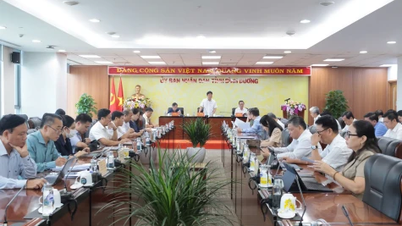
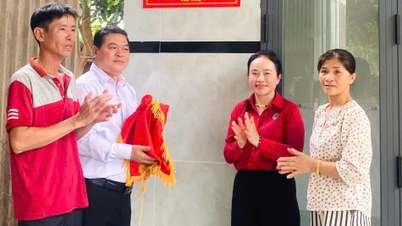

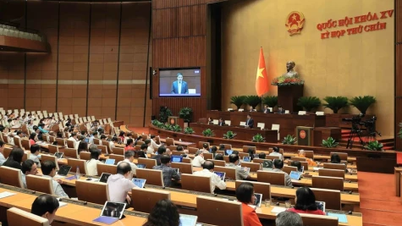
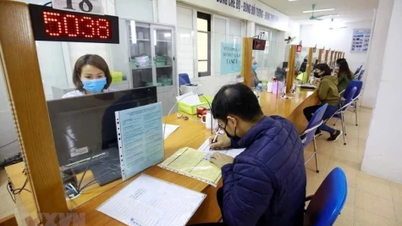








































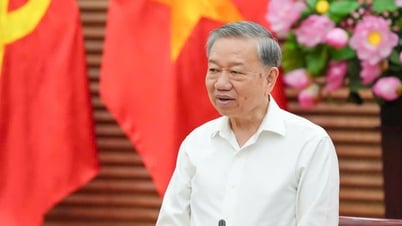








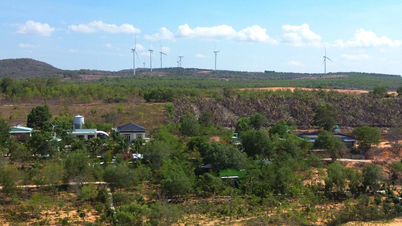



















Comment (0)